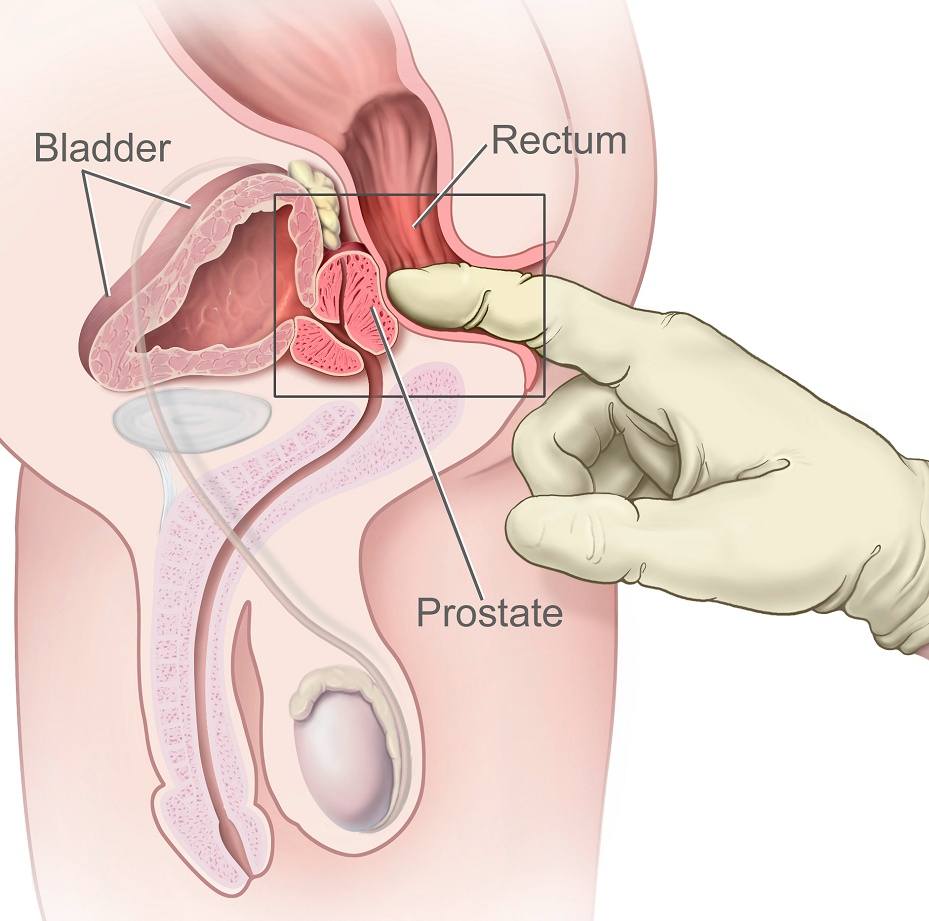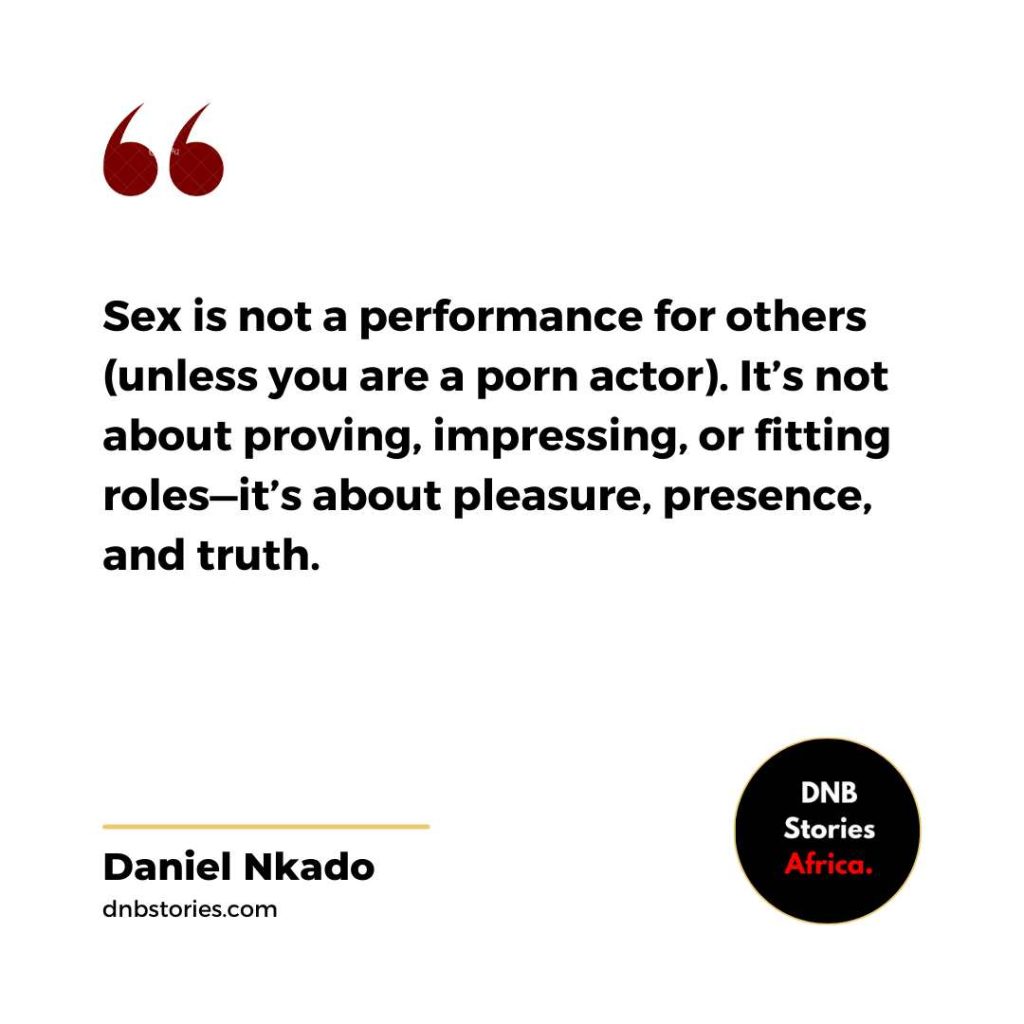
One troubling pattern I’ve observed about modern gay culture is the gendering of sex roles—treating “top” and “bottom” as if they’re fixed gender identities rather than fluid sexual preferences.
And it’s not even a Gen Z thing. I’ve seen this play out across generations, even among older, college-educated gay men, who often ascribe gendered traits to these roles in ways that reinforce limiting binaries.
Gay Men: Sex roles are things you do, not who you are
Nobody is born a top or a bottom in the same inherent way they are male or female, or gay or straight. Research has consistently shown that sexual roles—top, bottom, or versatile—are not fixed biological traits determined at birth but are flexible and often shift across partners, mood, age, and environments (Johns et al., 2012)2.
The man who only tops in London might happily bottom in Amsterdam. The 25-year-old “total top” might become 60-40% vers by 35. That’s gay human nature. That’s fine. I also personally feel it’s reductive to take on a sexual role or behaviour as a form of identity.
Leaning toward a particular role is okay
Some people may feel strongly drawn to mostly top (verse top) or mostly bottom (verse bottom), while others are more fluid (versatile). Roles should not be treated as fixed biological destinies, because no sex role has distinctive qualities or biological traits that differentiate it from the other. Preferences sometimes mirror the ways culture teaches us to think about gender, sex, and power, but it’s not something anyone is born locked into.
The harm of ‘binary boxing’ of sexual roles in gay culture
Gender and sex orientation (sexuality) are who you are, while sex roles, on the other hand, are actions (or performances) that can change anytime. When a complex person is reduced to a role, any deviation from that role (like a “top” enjoying bottoming) may be viewed as a loss of identity or a failure to perform, leading to anxiety and lying.
Notable barriers to playing a particular role
It is safe to note that there are gay men who have a harder time with bottoming or topping, or medically couldn’t easily do one or the other (severe haemorrhoids or IBS can prevent someone from bottoming, for instance, and another person may stick to bottoming because of erectile dysfunction). But even in these situations, treating roles as actions rather than identities will help minimise pressure or expectations.
Unpicking sex role language and habit
In the African city where I grew up, to avoid being outed and prosecuted, gay men operated in small underground circles, something similar to houses in 80s and 90s New York. In my circle, we understood topping and bottoming as simply roles that could change at any time.
During conversations, we said/asked: “What role does he play?” and not “Is he a top or bottom?”
You would get responses like— “He plays top” or “He mostly plays bottom but is also good at topping.”
In online conversations, we typed: “What’s your role?” instead of “Are you a top or a bottom?”
Living gay in Africa comes with many challenges, most of which are external. But this choice of language within the community played a big role in reducing bottom-shaming and promoting open conversations about bottoming. People openly shared their experiences—their first tries and their triumphs—and others responded with tips, advice, and encouragement.
Attraction is to a person, not to a function, service or performance. Or an organ or appendage. Someone who plays bottom can fall in love with another person who also plays bottom, and they still have great sex. People did not have to defend “being top” or ” being bottom “, or change the way they act, or their style or taste, to fit into a role.
How verbal habit helps
Say “I’m a top,” and suddenly it’s an identity.
Say “I top,” and it’s just something you do—like dancing, or cooking jollof on a good day.
It’s a small shift, but it changes a lot. One fixes you in a box; the other leaves room to move.
Treating roles as actions (verbs) rather than fixed labels (nouns) helps reduce stigma and avoids implying that roles define a person’s identity. Saying “he prefers topping” is different from “he is a top” and keeps the emphasis on behaviour.
This isn’t about policing language—everyone uses shorthand on Grindr. It’s about how you think about and internalise these ideas. Ideally, in situations of conflicting viewpoints, a clarification using the full wording is advised.
Why do gay men bottom? Our prostates may know something we don’t.
If you enjoy prostate stimulation as a man, it’s logical to make room for the possibility that many other men with the same body might too. Plenty of straight men are already discovering prostate pleasure, and a growing number are exploring practices like pegging and dildo play without it interfering with their identity or masculinity.

Greater understanding of male sexual biology through education can help dismantle the systemic stigma and shame often associated with bottoming. More people will realise there’s no need to hide, lie, or get agitated that their sexual practices might be “discovered.” Better knowledge also shrinks the space for performative dominance or passivity: fewer men will feel compelled to act a certain way to fit a role.
You’d be surprised how many men with macho DL top and Alpha Dom top titles on Grindr that enjoy bottoming behind closed doors— a quiet reminder that desire rarely follows a script.
LGBTQ+ Total Tops and the Lie Burden
I have never bottomed, said a gay man who bottomed two weeks ago. I don’t really enjoy bottoming, said another who’s just spent two long hours douching in preparation for a hookup date.
Lying about bottoming while secretly doing it reinforces bottom-shaming by feeding the myth that “real tops don’t bend.” That stigma punishes anyone who bottoms or owns it, and that’s harmful.
Research shows that a great percentage of gay men who self-identify as “total tops” have engaged in bottoming but deny it in social settings, often to protect their image or social status (Moskowitz and Hart, 2011)3.
Many of us were taught—subtly or brutally—that playing the bottom role equals weakness or femininity. Some learned it from religion, some from their peers at school. Others from porn. Some from a hookup who sneered, “You bottom? Thought you were a real man.”
That sting lingers. So we armour up:
“I’ve never bottomed.”
“I only top—real tops don’t flip.”
“I’d rather die than let another bottom top me.”
These aren’t preferences anymore. They’re defence mechanisms shaped by fear and shame. And they’re hurting everyone.
Masculinity stereotypes pressure people to claim top status, even when it’s not their true preference. Avoiding bottoming out of fear or resorting to only using dildos doesn’t validate a “total top” status either— it signals how stigma breeds anxiety, dissociation, and internal conflict. These behaviours reinforce stigma that finds its way back to all of us, like the panic some gay men feel every time they try to bottom.

Harmful consequences of bottom-shaming
It shows up as:
😰 Anxiety during and after sex— “Keep this between us!”
🧍 Dissociation— “I was drunk that night.”
🤐 Dishonesty about one’s true desire—“I get no pleasure from it”
😮 Retroactive storytelling— “He pressured me. I didn’t want it.”
🫵 Projection of shame — A person who bottoms shows disgust at another’s bottoming.
👮 Role policing—“Real tops don’t post ass pics!”
🙄 Stigma reinforcement— “He’s such a desperate power bottom!”
💔 Strained intimacy/relationships— “I enjoy bottoming for you, but I’m not a bottom.”
Prejudice could signal something deeper.
Another reason to pay more attention to people who express strong prejudice against bottoming is that, for a subset, that bias may reflect unresolved psychological distress. In some cases, a history of sexual trauma or intense shame around receptive sex can lead to avoidance, emotional numbing, or dissociative symptoms that change how the person remembers or experiences bottoming. In rare cases, these concerns move beyond personal preference and may require professional support (Gewirtz-Meydan and Godbout, 2023)1.
Sex is not a performance for others!
Social pressure and internalised stigma can make sex feel like a performance for many gay men. Some gay men may feel compelled to top every time, afraid that bottoming might invite judgment or make them seem “less than.” In that space, few will ever admit to bottoming at all. Over time, these pressures feed anxiety and make genuine intimacy harder to reach.
Gay men’s obsession with macho behaviour also does not help.
Some gay men are not attracted to a person but to the “performance of masculinity” embodied by them. Studies have shown that performed masculinity, including “macho displays”, is often not a genuine behaviour but an exaggerated act to gain social currency or mask innate feminine traits. High-selling titles like DL Macho Top or Alpha Top may often be curated personas adopted to achieve a specific goal.
Media and porn make this worse by constantly showing roles in two extremes—hyper-masculine tops and very submissive bottoms—which further reinforces the binary boxing of sexual roles.

Practical steps for unlearning shame-based sexual behaviour
If any of these patterns feel familiar, breathe. Treat this as an invitation to reflect and make kinder choices for your well‑being, not judgment.
| Behaviour | Root Cause | Suggested Step |
| a. Alpha worship — chasing a phantom “DL Alpha” and refusing to bottom for anyone they’ve topped or seen bottom; only wanting to bottom for presumed “straight” men. | Internalised shame; belief that bottoming is only acceptable with hyper-masculine or straight-passing partners; sex treated as a status transaction | Intentionally seek vers-positive spaces and partners, refocus attraction; use mindful reframing to dismantle rigid masculinity standards—“My sex role does not define me.” |
| b. Overcompensating tops— clinging to “top-only” identity, publicly denying any interest; using secrecy to bottom (e.g., travelling abroad) | Fear of losing masculine capital; internalised hierarchy valuing topping as powerful and more desirable. | Start privately with small steps (e.g., toy use alone), then bottom with one trusted partner who respects privacy; disclose the experience to one close friend; incrementally dismantle secrecy. |
| c. Toxic testing & performance culture — test-topping, finger audits, tightness rituals, pain-acting; bodies treated like passports for screening | Deep insecurity rooted in virginity-culture hangover; need to “prove” status or superiority; commodification of sex | Refuse checks firmly (whether giving or receiving); set clear boundaries (“no performance culture”); prioritise partners’ safety and wellbeing. |
| d. Bottom gatekeeping — bottoms who shame tops for wanting to try bottoming, policing their partners’ masculinity and roles | Fragile ego anchored to the idea of a “real top”; fear that a versatile partner will destabilise the bottom’s perceived safety or identity | Reframe with curiosity and ownership (“I like when you top me; let’s explore your desires together”); if shaming persists, end the connection—this is control, not partnership. |
Conclusion:
You don’t have to make a public announcement— just a small crack in the door, enough for the real you to breathe. You can start with a quiet change: swap “Total Top” for “Top and Curious,” then later, if it fits, “Verse Top.”
Whether you ever grow to like bottoming or identifying openly with it or not, that small shift loosens the rigid binaries you’ve internalised and makes space for more fluidity in not just how you see yourself but also how you connect with others. Sexuality is a deeply personal path, and with honesty and exploration, you will find what works for you.
The article below may be helpful if the need arises:
Opinions expressed in articles like this are solely the writer’s. Find out how you can write for us.
References
- Gewirtz-Meydan, A. and Godbout, N. (2023) ‘Between pleasure, guilt, and dissociation: How trauma unfolds in the sexuality of childhood sexual abuse survivors’, Child Abuse & Neglect, 141(106195), p. 106195. Available at: https://doi.org/10.1016/j.chiabu.2023.106195.
- Johns, M.M. et al. (2012) ‘“Butch Tops and Femme Bottoms”?: Sexual Roles, Sexual Decision-Making, and Ideas of Gender among Young Gay Men’, American journal of men’s health, 6(6), p. 505. Available at: https://doi.org/10.1177/1557988312455214.
- Moskowitz, D.A. and Hart, T.A. (2011) ‘The Influence of Physical Body Traits and Masculinity on Anal Sex Roles in Gay and Bisexual Men’, Archives of sexual behavior, 40(4), pp. 835–841. Available at: https://doi.org/10.1007/s10508-011-9754-0.



Thank you.
Someone finally said it.
am a born top. all d the times I bottom i was in a relationship.